WFME Flags NMC’s 2025 Faculty Rules
• Indian MBBS Degrees Face Global Derecognition Risk
• Sprouts SIT Exposes Gaps in NMC Regulations
• Non-Clinicians Cleared to Teach Core Medical Subjects
Unmesh Gujarathi
Sprouts News Exclusive
Contact: +91 9322755098
Sprouts News Exclusive
Contact: +91 9322755098
The World Federation for Medical Education (WFME) is reviewing a complaint against India’s NMC over its 2025 faculty rules, alleging violations of global standards. If upheld, Indian MBBS degrees risk losing global recognition, barring graduates from licensing exams abroad and severely impacting the careers of over 80,000 doctors annually.
In a development that could shake the very foundation of India’s medical education system, the World Federation for Medical Education (WFME) has confirmed it is formally reviewing a complaint against the National Medical Commission (NMC) over its newly notified Medical Institutions (Qualifications of Faculty) Regulations, 2025.
The review — initiated by Dr. Divyansh Dwivedi, Member of the World Medical Association — accuses the NMC of “systematic regulatory sabotage” in violation of WFME–WHO Basic Medical Education Standards. If upheld, the complaint could result in India losing WFME recognition, effectively stripping global validity from Indian medical degrees and barring graduates from licensing exams abroad such as USMLE (USA) and PLAB (UK).
Click Here To Download the News Attachment
Contents
- WFME Flags NMC’s 2025 Faculty Rules
- • Indian MBBS Degrees Face Global Derecognition Risk
- • Sprouts SIT Exposes Gaps in NMC Regulations
- • Non-Clinicians Cleared to Teach Core Medical Subjects
- Click Here To Download the News Attachment
- NMC’s 2025 Rules Trigger Global Alarm
- Why WFME’s Intervention is Critical
- Core Allegations in the WFME Complaint
- Global Precedents Show Severe Consequences
- Time-Sensitive Crisis for India’s Medical Graduates
- A Defining Moment for India’s Medical Education
NMC’s 2025 Rules Trigger Global Alarm
The Sprouts News Investigation Team has analysed the disputed regulations, which allegedly undermine international standards by:
•Allowing non-MBBS MSc/PhD holders to teach core clinical subjects such as Microbiology and Pharmacology — a direct breach of WFME norms requiring qualified clinicians for such roles.
•Permitting diploma holders to serve as Assistant Professors in core departments, despite global mandates for MD/MS or equivalent qualifications.
•Removing the mandatory Senior Residency requirement for certain teaching posts, thereby eliminating a critical phase of supervised clinical training mandated under WHO guidelines and the 1988 Edinburgh Declaration on Medical Education.
Medical education experts warn that these changes risk producing graduates with inadequate clinical exposure, directly affecting patient safety and India’s global reputation.
Why WFME’s Intervention is Critical
The WFME is the sole global authority recognised by the World Health Organization for accrediting medical education systems. India’s current WFME recognition allows graduates to:
•Attempt USMLE, PLAB, and other international licensing exams.
•Apply for postgraduate training in countries including the USA, UK, Australia, Canada, and New Zealand.
•Benefit from mutual recognition agreements with 20+ nations.
If WFME suspends or withdraws recognition:
•New MBBS graduates could be barred from pursuing careers abroad.
•Thousands of doctors in training may face mid-career roadblocks.
•The international mobility of over 80,000 graduates annually could be lost, causing irreversible damage to India’s medical brand.
Core Allegations in the WFME Complaint
Dr. Dwivedi’s petition — also submitted to the World Medical Association (WMA) — outlines four key violations:
1.Breaching WFME–WHO criteria on faculty qualifications and clinical experience.
2.Encouraging “ghost faculty” practices, where unqualified staff are listed but absent in practice.
3.Compromising patient safety through reduced clinical competency in graduates.
4.Risking mass derecognition of Indian degrees on the global stage.
His demands include an urgent accreditation review, public advisory to licensing bodies, temporary suspension of India’s accreditation, and a WHO–WFME joint fact-finding mission to inspect NMC compliance.
Also Read: UFIOE Strikes Against IDBI Privatization: Nationwide Oppose Move.
Global Precedents Show Severe Consequences
WFME derecognition is rare but has been catastrophic when applied:
•2010 — A Caribbean accreditation body lost WFME status; its graduates were immediately barred from USMLE.
•2017 — Multiple Eastern European medical schools faced recognition bans in Canada and the UK.
A similar ruling against India would mark the largest mass derecognition in history, affecting tens of thousands of current and future doctors.
Time-Sensitive Crisis for India’s Medical Graduates
With the 2025 academic session already in progress, students are now being trained under the relaxed norms. Each passing month embeds unqualified faculty deeper into the system, making reforms politically and logistically harder.
WFME’s formal review process generally includes:
1.Document Analysis — Mapping new NMC regulations against WFME standards.
2.Stakeholder Consultations — Interviews with complainants, medical colleges, and regulators.
3.On-Site Inspections — Physical verification of faculty credentials, curriculum delivery, and governance mechanisms.
While a final decision may take 6–12 months, emergency advisories could be issued sooner if patient safety risks are deemed critical.
A Defining Moment for India’s Medical Education
The outcome of the WFME’s review will determine whether Indian MBBS degrees retain their global portability or face unprecedented restrictions. For students, parents, and the medical fraternity, the stakes are existential — the difference between an internationally mobile career and one confined to domestic boundaries.
The Sprouts News Investigation Team will continue tracking this high-stakes international inquiry and its implications for India’s place in the global medical ecosystem.


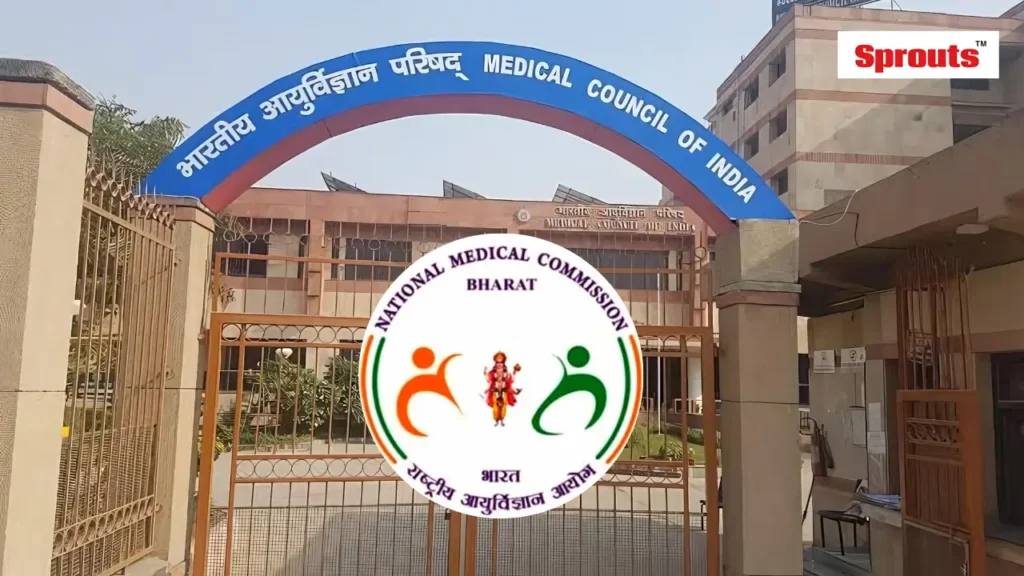
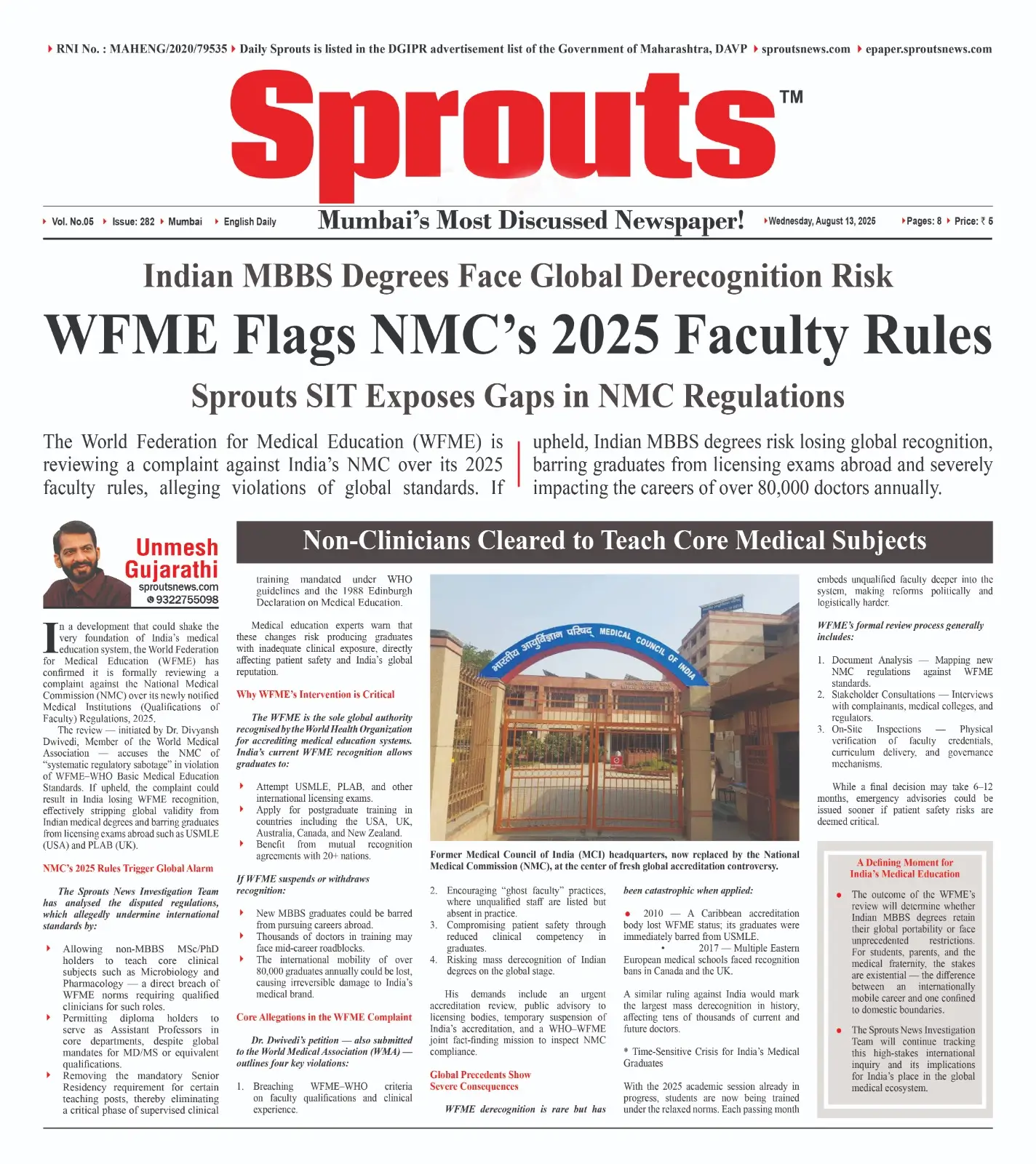
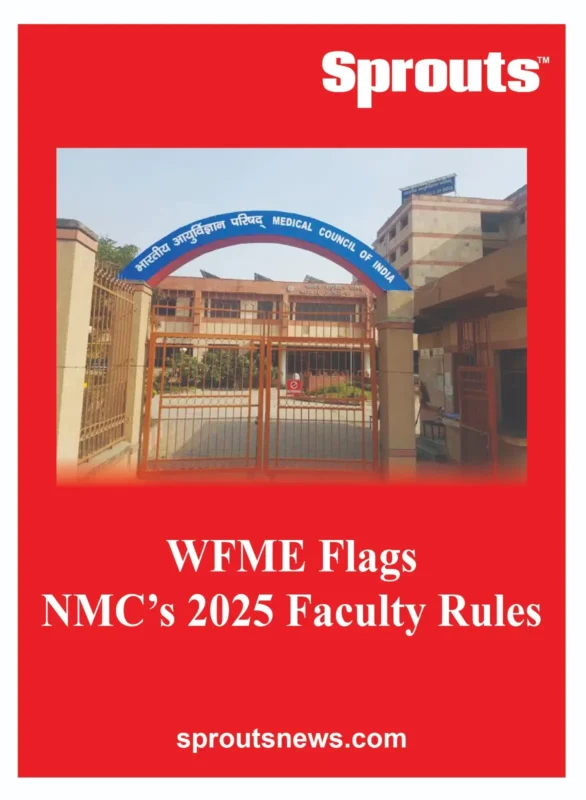

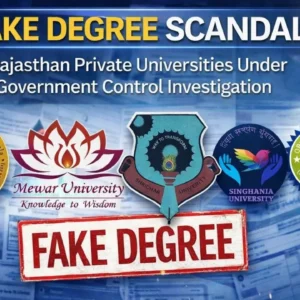
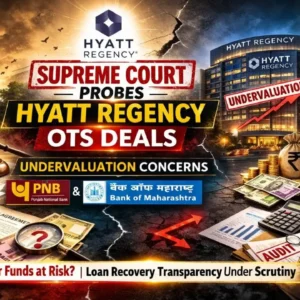
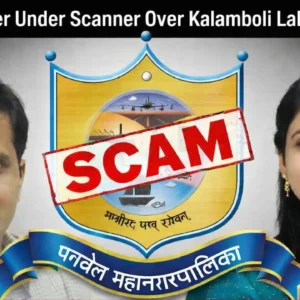







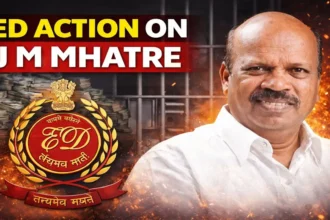
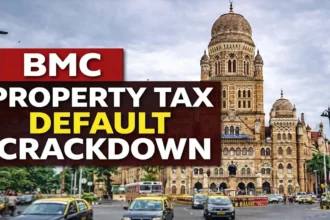
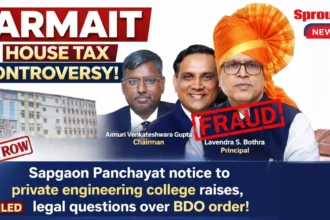
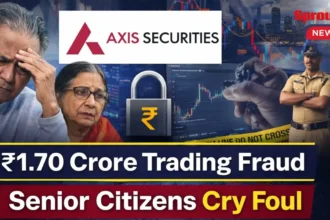
World Federation for Medical Education will review complaint against National medical commission. Since the press release is against the norms . Dr Divyansh Dwivedi member of world medical association took up the step. Google news , India , Dr Dy Patil fees refund of 75 crore Etc.
Google Google Google Google
http://www.google.com
http://www.yahoo.com
aaj Tak
India tv